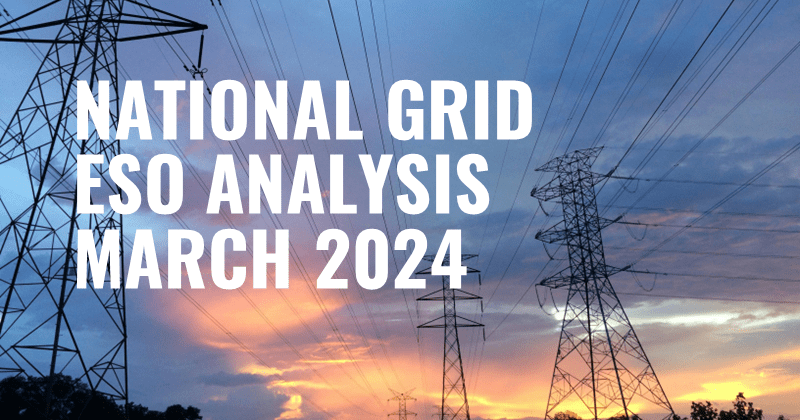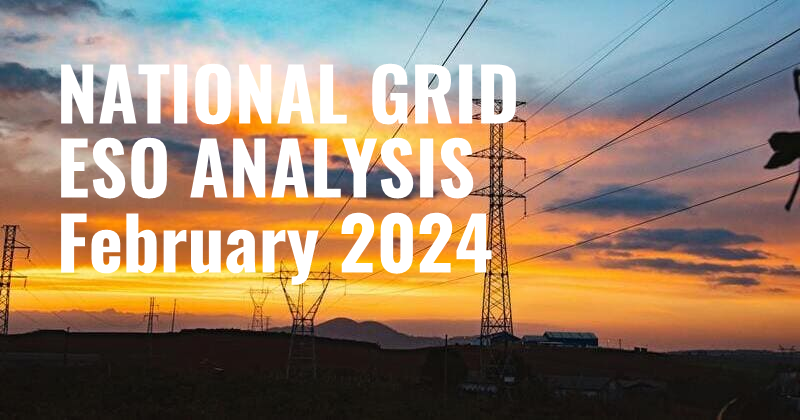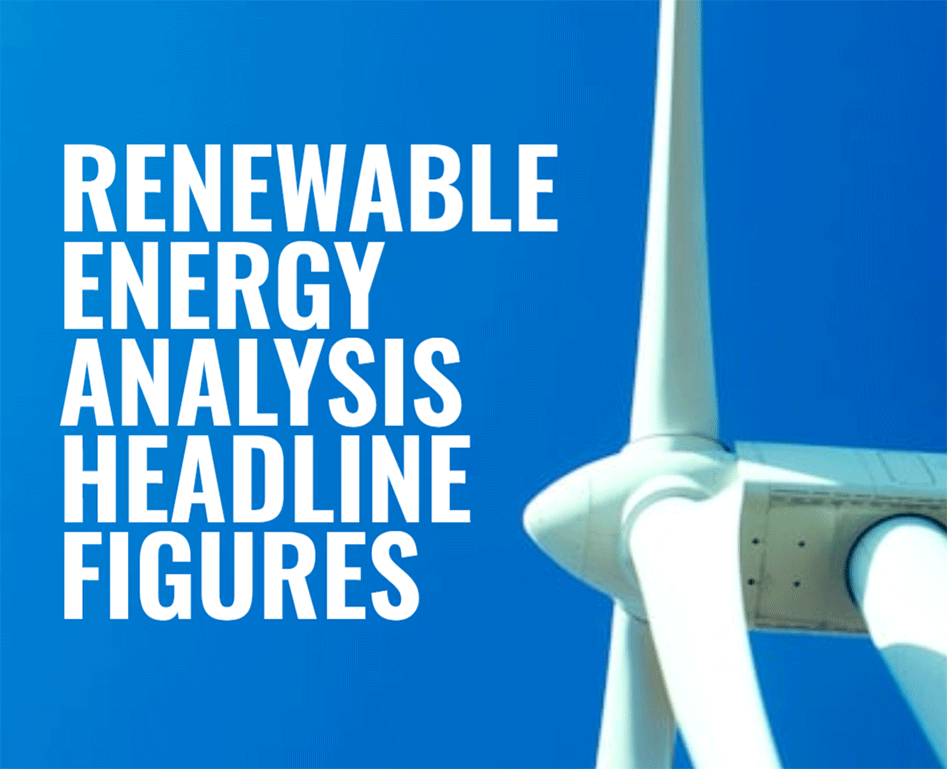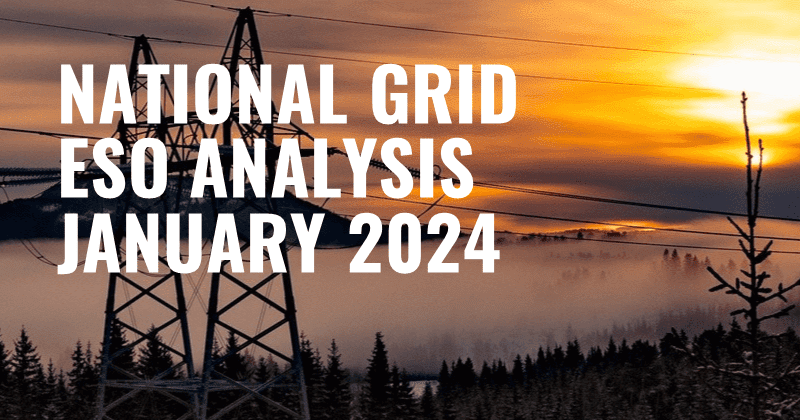The first step towards net zero is often the hardest – we offer some advice to business leaders starting their journey
A global commitment

The gap between target and delivery

“Ambition is the path to success. Persistence is the vehicle you arrive in.”
—Bill Bradley, US politician and professional basketball player
Ambitions for zero carbon can be found in most annual reports, but the reality is often far removed; and many companies are struggling to make this pledge a reality. It is probably fair to say that companies use the word ‘ambitious’ in relation to their strategy yet have made very little progress.
Delivering your strategy on time and to the level it was intended is a complex problem with many areas of risk. Can you have a considered target and structure and still fail?
Unfortunately, the answer is yes. Why?
Momentum and pace is the answer. We regularly find when talking to clients that taking the first step is the hardest in their zero carbon journey. Moving your business to a zero carbon environment isn’t a ‘big bang’ process, it’s a gradual transition. As owner/leader of the strategy you aren’t expected to click your fingers and have it completed and off your horizon.
But the clock is ticking.
Key points to avoid failure

Below are some key points that we suggest you embrace as you transition towards zero carbon targets:
- Be ready to fail. You need to make sure all senior stakeholders are aware of what you are trying to achieve and they need to give you room to fail. Things will happen that are out of your control (Policy changes, commodity price movements, technical issues, team changes etc.). If your plan is driven by 100% success across everything you do, then you might as well not start. You need to make sure you recognise a failing process/product early on and act on it.
- Don't put all your eggs in one basket. As with anything in business going 'all in' might seem comfortable at the start especially when you read the business plan. However, rest assured, as soon as something doesn’t go to plan (and it will) there will be the sudden realisation that there's nothing else in the pipeline to keep momentum. Create a structure which allows you to have multiple projects in play which you are able to run, test and refine to make sure you create greater certainty every time you roll out another site, solution etc. There is always something to improve.
- Be honest. Be true to your word. As more strategies are published, one thing is certain: the scrutiny of the outcomes will increase. A lot could be written about ‘greenwashing’ but be very aware if you try to make something sound better than it is, you could find yourself having to backtrack on what was a great bit of PR that has now turned into a significantly worse bit of negative PR.
- Tech and solution will catch up, but
don’t wait. You can only know what you know at this moment. You can’t assume the world will create a 'silver bullet' —what happens if it never comes? We speak to lots of clients who have targets for 2030 and beyond. The one thing we can guarantee is that some of the technology which will be deployed in 2029 hasn't been invented yet. Get used to the fact the world will change and technology will get better and more than likely achieve better ROIs. But don’t make this stop you from starting your journey!
Start now
Don't let procrastination get the better of your strategy. You have to be bold but not reckless. You need to allow yourself to fail, but learn. Just remember that if you closely monitor your strategy you will be able to identify when you are failing and make the adjustments to keep momentum and pace.
We are experts at building, setting and creating momentum for your zero carbon plan. If you want to discuss your strategy and implementation, please give the edenseven team a call.










OUR OFFICES
-
CAMBRIDGE
5 High Green,
Cambridge, CB22 5EG
+44 (0)1223 750335
-
LONDON
Suite 507/508
32 Threadneedle Street
London
EC2R 8AY
-
PARIS
2 rue Paul Borel
75017, Paris
+44 (0)1202 045532
-
TEL AVIV
14 Abba Hillel Silver Road
Ramat Gan
Israel 5250607



